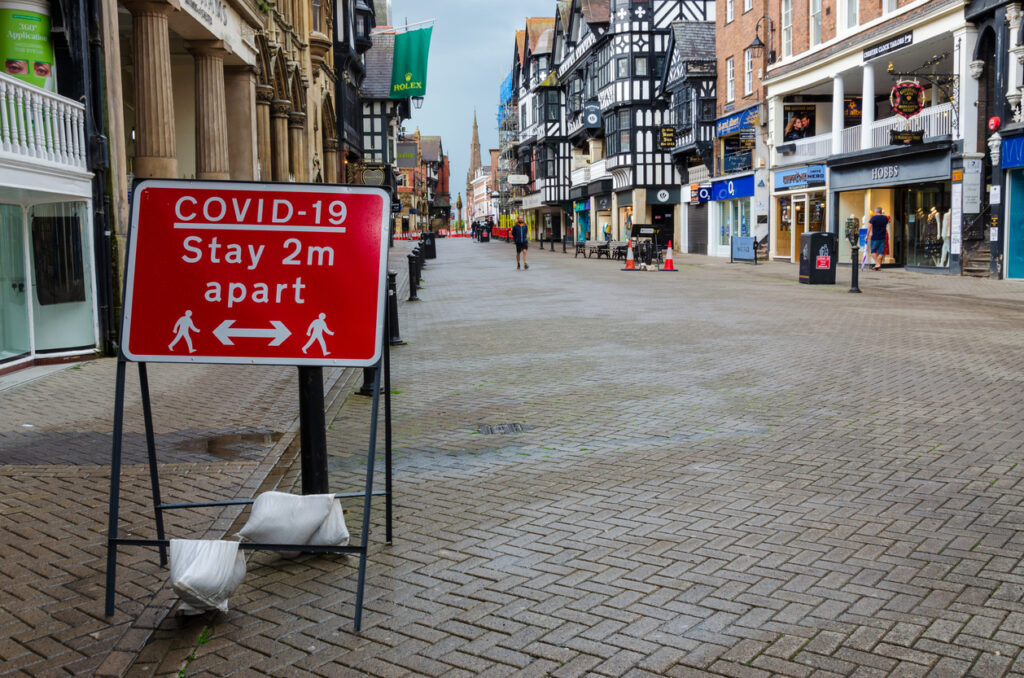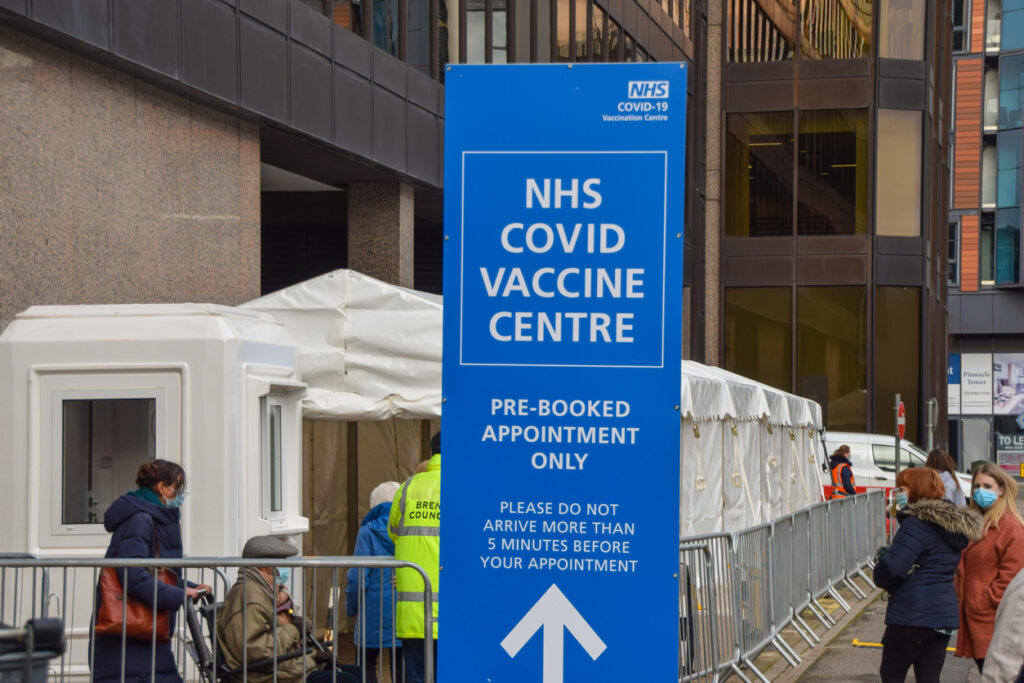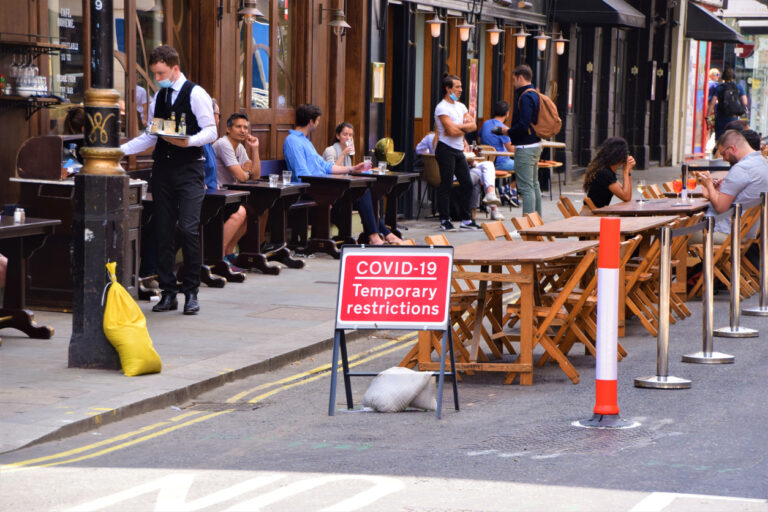Those in England from July 19-on will likely experience an environment that will be mostly free of COVID-19 restrictions; confirmation of this is expected on July 12. However, getting into the United Kingdom will remain difficult as there are few plans to change the rules related to entry into the country.
These proposed changes are being made despite Prime Minister Boris Johnson, who announced them on Monday, acknowledging that doing so will likely further increase how many COVID-19 cases there are in his country. He added that England will have to “learn to live with the virus” and that legal restrictions will be replaced by English residents’ sense of “personal responsibility.”
His reasoning is that not being able to reopen for the summer would result in him and others asking themselves, “When will we be able to return to normal?”

As a result, no one would need to wear masks or social distance anymore, including on public transport. Doing so in the latter setting will remain recommended, however, while Johnson would “wear a mask in crowded places … as a matter of personal courtesy.” In addition, sports events and nightclubs would be allowed to take place at full capacity. The government would also stop requesting its citizens to work from home whenever possible.
One requirement that would remain is those here needing to isolate if they receive a positive COVID-19 test result.
Johnson stated that he is hoping to remove the quarantining requirement for vaccinated individuals entering England from “amber” countries, which is an extensive list comprised of most of the world’s countries. Several more are on the “red” list, which would require a quarantine in a government-approved hotel.

This announcement was made amidst rising infections within the country, which have been attributed to the delta variant, the one that was initially detected in India and which ravaged that country. However, one advantage that the U.K. has now over India then is a high vaccination rate. Nearly two-thirds of British adults – 64% – are fully vaccinated with 22% more having received one dose of a two-dose vaccine.
Johnson did add that restrictions could be reimplemented in the future if circumstances call for them.
Scotland, Wales and Northern Ireland are not affected by this announcement although their lockdown-ending plans are similar.

